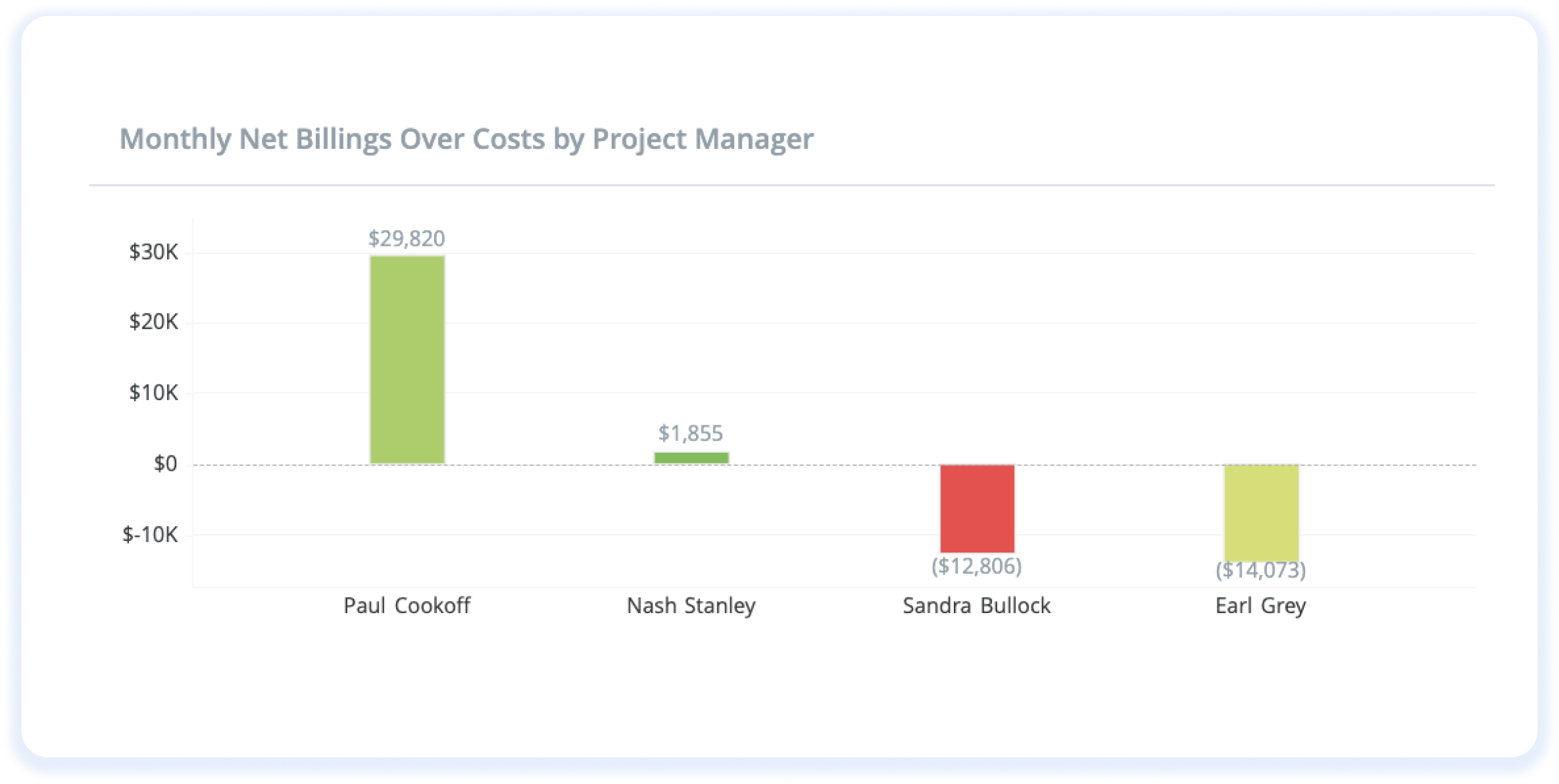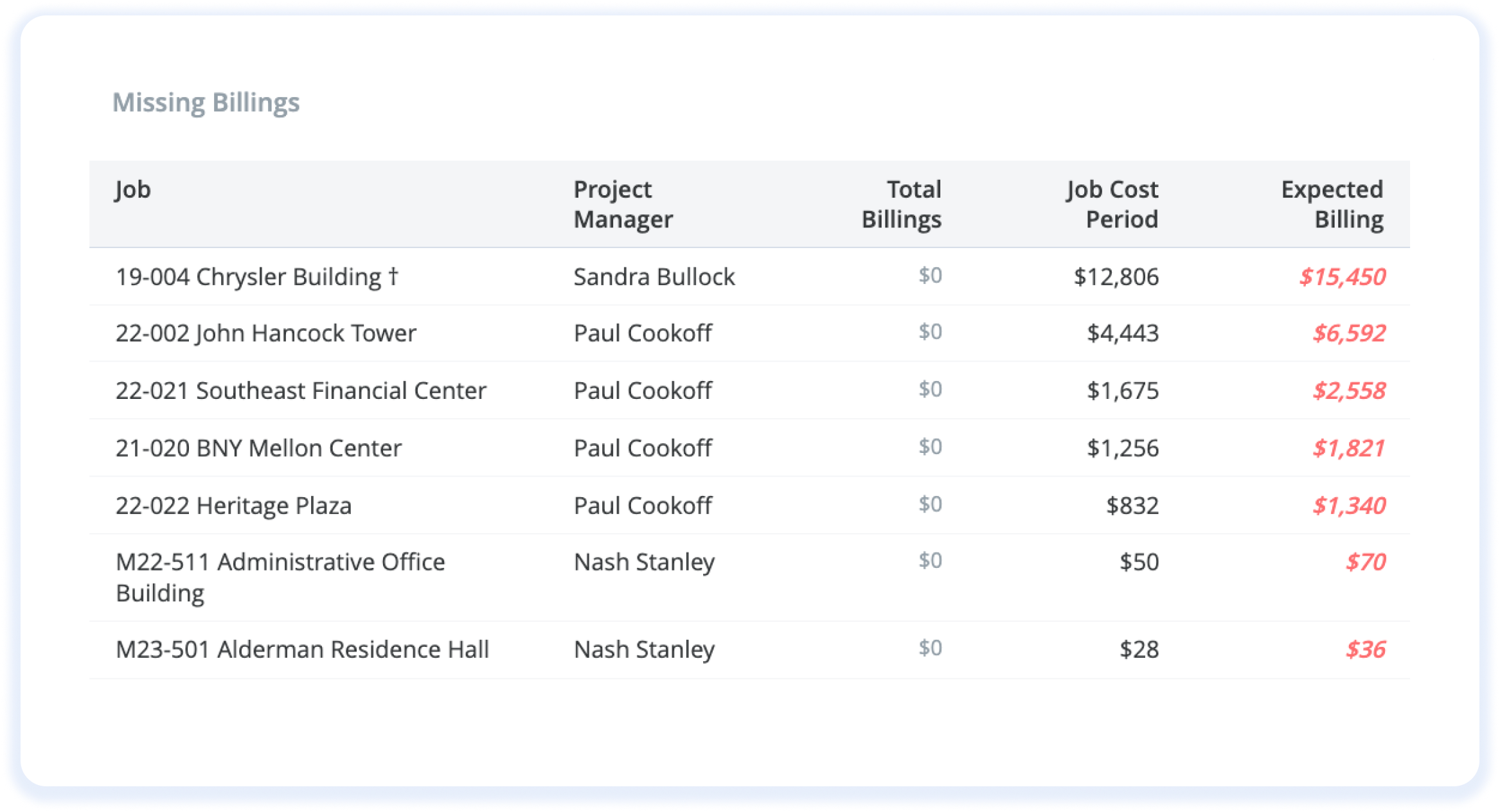Construction billing management is a cornerstone activity for every construction manager. Its significance can’t be overstated, especially when you consider the challenges associated with maintaining cash flow in this industry. With monthly billing cycles, there’s no margin for error.
Published November 14, 2023 . 3 mins read
10 Best Practices for Managing Construction Billings
Business

Here are the top 10 practices every construction manager should adopt to ensure optimal billing:
1. Build a Favorable Schedule of Values
Investing time in creating an accurate schedule of values is paramount. A front-loaded schedule can greatly benefit cash flow at the early stages. Beware: a faulty schedule of values might result in consistent underbilling throughout a project.
2. Always Submit a Pencil Draft First
Avoid billing shocks. Before submitting the official invoice, share a pencil draft with the client. It serves as a prelude to the actual bill, eliminating any last-minute surprises for both parties.
3. Adopt an Aggressive Billings Approach
Construction projects often face cash flow challenges. Hence, a project manager should ensure that every billable item gets invoiced. Although alignment with the actual progress on-site is essential, it’s advisable to bill assertively whenever uncertainties arise.
4. Incorporate Change Orders
Neglecting recently approved change orders is a common pitfall. Ensure that all such changes are included in your progress billing.
5. Billing for the Entire Month is Crucial
Understand the billing cycle. If the invoice date is mid-month, determine whether you’re billing for the 1st to the end of the month or the 15th of the previous month to the 15th of the current month. If it’s the former, forecast costs for the remainder of the month and incorporate them.

6. Regularly Check for Overbilling or Underbillings
Your previous bills can influence your current invoices. If you’ve been underbilling, it’s probably time to adjust the current invoice upwards to compensate. Learn more about over & under billings here.
7. Deep Dive into Billing Discrepancies
Unraveling the reasons behind overbilling or underbilling can provide invaluable insights. Dedicating time to this can not only help in rectification but also refine your future billing strategies.
8. Ensure Diligent Payment Follow-ups
An invoice’s acceptance shouldn’t signal a project manager’s disengagement. Their established relationships and project insights can be instrumental in expediting payments, offering an edge over relying solely on the accounting department.
“
Project Managers must realize that delayed billings and mounting expenses directly burden the company, making timely billings essential for project sustainability.
Paul Atkinson, CPA
Partner & Head of the Construction Group at Smith + Howard

9. Equip Yourself with Lien Rights Knowledge
Payment delays can be a project manager’s nightmare. Being aware of the lien rights in your project’s state is a crucial tool. It not only ensures timely payments but also offers a safety net against nonpayment.
10. Negotiate for Early Retention Release
Cash flow can be severely impacted while waiting for retention release. An approach worth considering is to request for 50% of retention to be released upon reaching 50% project completion. Ideally, this should be addressed during contract negotiations.
To sum it up, meticulous construction billing management is the linchpin for maintaining a project’s financial stability. By embracing these best practices, construction managers can foster transparency, ensure prompt payments, and mitigate potential issues.




